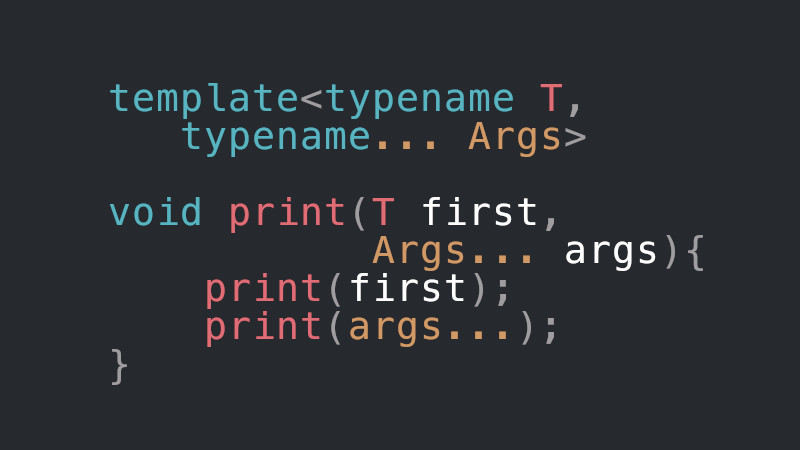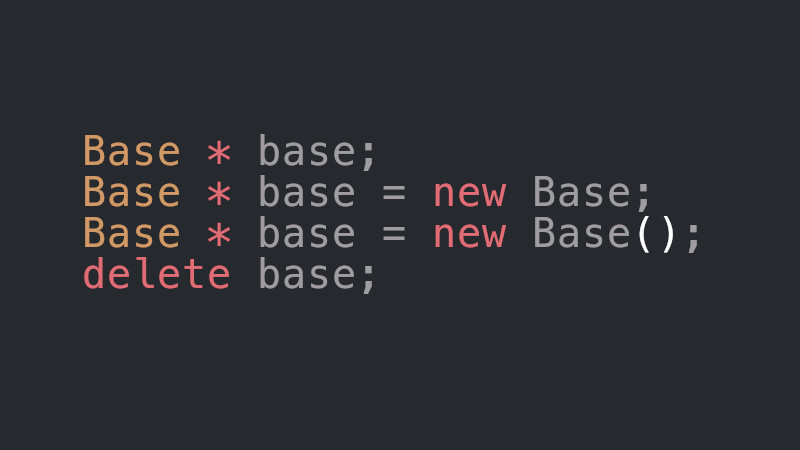
Attribute Specifiers in C++ are metadata that provide additional information to the compiler about how it should treat certain parts of the code.
These attributes can help:
- Detect errors;
- Optimize the code;
- or Provide additional information to the developer.
Let’s see some examples of attributes in C++.
Examples of Attributes in C++
01. [[nodiscard]]:
This attribute indicates that the return value of a function should not be ignored. If the return value is ignored, the compiler generates a warning.
[[nodiscard]] int computeValue() {
return 42;
}
int main() {
computeValue(); // Compiler warning: return value ignored
int result = computeValue(); // Correct, the return value is used
return 0;
}The compiler will issue a warning if the computeValue function is called and its return value is not used. This is useful to avoid accidentally losing important valuables.
If you remove
[[nodiscard]]from the code note that there will be no warnings, but with[[nodiscard]]the output will be similar to this:
nodiscard.cpp: In function ‘int main()’:
nodiscard.cpp:8:17: warning: ignoring return value of ‘int computeValue()’, declared with attribute ‘nodiscard’ [-Wunused-result]
8 | computeValue(); // Compiler warning: return value ignored
| ~~~~~~~~~~~~~^~
nodiscard.cpp:3:19: note: declared here
3 | [[nodiscard]] int computeValue() {02. [[fallthrough]]:
This attribute is used in a case statement within a switch to indicate that the fallthrough to the next case is intentional. This helps avoid compiler warnings about accidental crashes.
void process(int value) {
switch(value) {
case 1:
// Code for case 1
[[fallthrough]];
case 2:
// Code for case 2
break;
default:
// Code for other cases
break;
}
}In the switch example, [[fallthrough]] indicates that the fallthrough from case 1 to case 2 is intentional. Without this attribute, the compiler could issue a warning about the lack of break in case 1.
03. [[unlikely]]:
This attribute suggests to the compiler that the probability of executing a branch of code is low. This can help in optimizing the generated code.
#include <iostream>
void checkValue(int value) {
if (value == 42) [[unlikely]] {
std::cout << "The value is 42, which is unlikely!\n";
} else {
std::cout << "The value is not 42.\n";
}
}
int main() {
checkValue(10);
checkValue(42);
return 0;
}The compiler can optimize the generated code based on the hint that the condition value == 42 is unlikely to be true, possibly reordering the code to improve performance in the most common case.
These attributes are part of the ongoing modernization of the C++ language to make code more expressive and help with early error detection as well as performance optimization.
For more information visit cpp reference.




